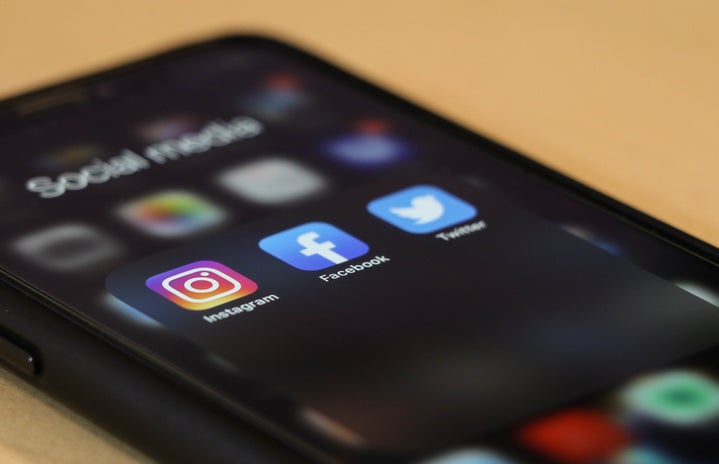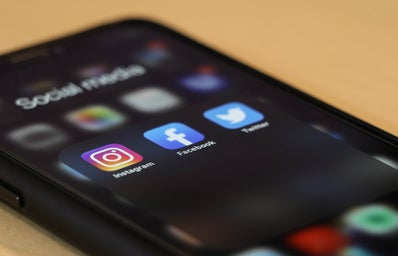To be perfectly candid, I am hardly the best person to broach this topic and preach about the effects of social media. Even with what I am about to discuss, I want to start this article honestly and say that I have not yet figured out how to escape the grip of technology unscathed. Like most of Generation Z and Millenials, my life, my thoughts, and my beliefs about myself are all influenced greatly by social media, television, and movies. I am as much a part of this problem as I am an advocate for its end.
Idol worship, or idolatry, is defined as “the worship of a cult image or ‘idol’ as though it were God.” Upon first reading this, many of us are unlikely to identify with this term or believe that we have any connection to it whatsoever. However, social media and the entertainment industry make it difficult to stay away from this. Consider all of the ways in which Hollywood and celebrities have inched their way into almost every part of society. Fashion, makeup, and skincare are all good examples of ways in which celebrities influence our lives. Fashion trends often stem from the hottest celebrities, makeup brands are endorsed by celebrities, and people choose their skincare products and routines based on what their favorite celebrity does. These are only some of the areas where celebrities are influential.
When you watch or read the news, you don’t just find out about the weather or the most important world events, you find out about the newest celebrity gossip and what is the most talked about thing in the entertainment industry. In the world today, society is pushed into caring about celebrities and the elite far more than is really healthy. In fact, many of us devote our time to posting about our favorite actors, actresses, and musicians and finding out as much as we can about them. Fan culture is incredibly popular and a large part of life for many people. We make social media accounts, create art, and, in the worst of cases, find ourselves trying to become more and more like our favorite celebrities.
This is the real issue at hand. Though a lot of fan culture is harmless, the biggest concern is when we would rather be more like someone else rather than ourselves. We would rather adopt their mannerisms, copy their makeup, and even change our bodies to look like theirs. While this is definitely not the case for everybody, it happens with far too much frequency that people become so obsessed with the image or idea of a celebrity that they no longer feel comfortable with who they are. With how much time we spend on social media or watching television, it’s no wonder that we begin to compare ourselves with the “perfect” people we see elsewhere. We begin to think of their status and influence and equate that to what we should be striving for.
In reality, these people who we devote so much of our time thinking about are a very small percentage of everyone in the world. However, when most of what we are shown is the few people who “make it big,” we start to think that their path and position is the one that we should follow. This has led to a decrease in individuality since everybody is striving for the same goals and hoping to look the same as everyone else. Considering body and beauty trends, they are so often influenced by the newest celebrities and they change with such frequency that it is hard to keep up with what is deemed “attractive” or even socially acceptable. With how quickly we have begun to transition between different trends overall, we hardly have time to step back and consider why or if we should even care about what is trending. We spend so much time thinking about how to change ourselves or make ourselves “perfect” that we don’t think about the fact that there are other things to concern ourselves with than appearances or the idea of fame.
Though there are positive aspects of social media, such as an increase in representation for many groups of people, we must be wary of how it impacts our self-image and self-confidence. We cannot allow celebrities and influencers to make us feel like we are not enough or that we should be more like them. We need to strive to have a clearer understanding of who we are and who we want to be without constantly comparing ourselves to others just because they seem like they have it all. Celebrities are not the blueprints for who we should be and we should not give someone else more power over us than we have over ourselves.


